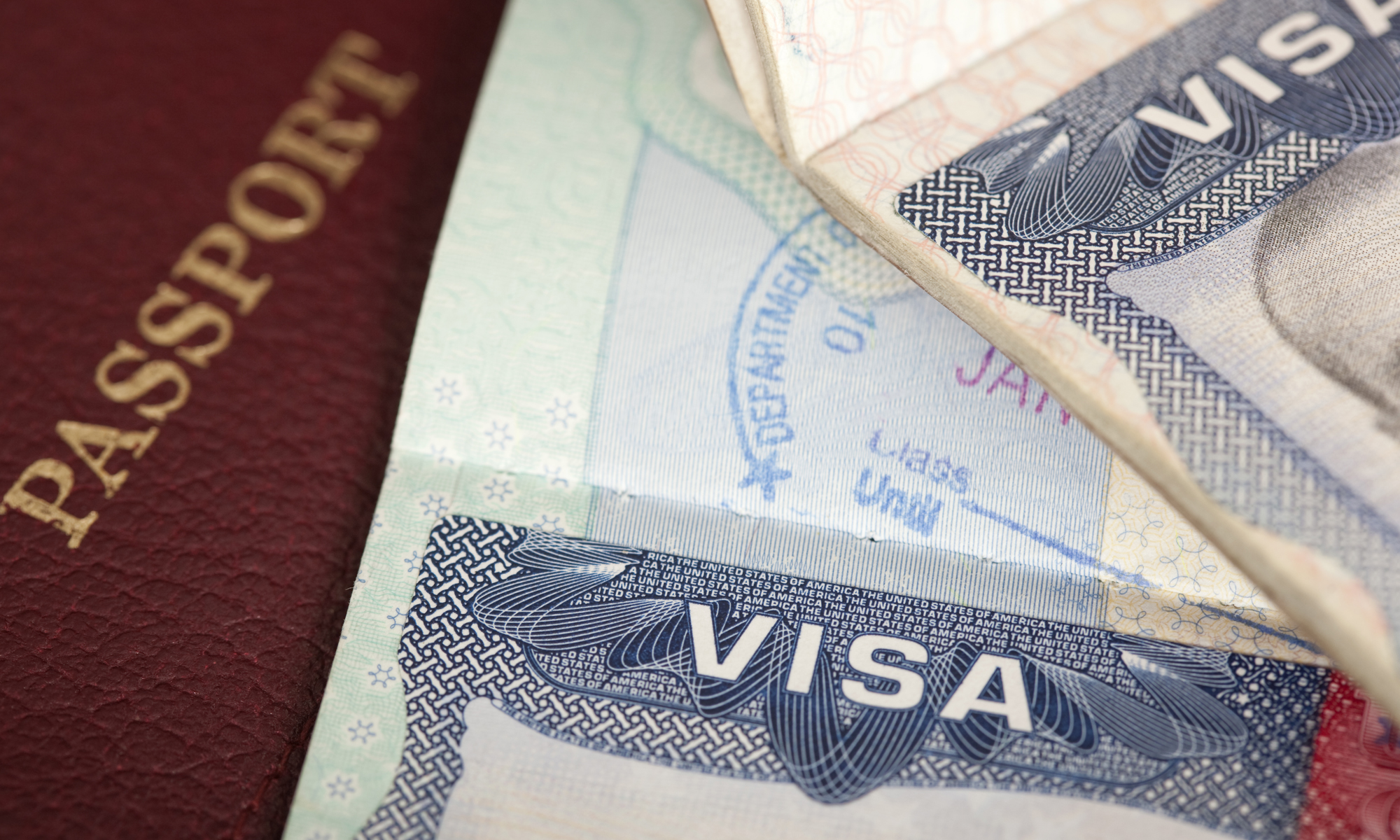Written By: Alejandra Vargas, Esq. and Kristopher Peters, Esq.
Some exciting news for Entrepreneurs! As part of an ongoing slate of new agency guidance regarding various immigration programs and visas, USCIS has issued comprehensive guidance regarding the International Entrepreneur Parole Program (“IEPP”). The published guidance introduces criteria for entrepreneurs who have a central and active role in a start-up U.S. company and who are seeking significant public benefit parole. The revival of the IEPP and corresponding agency guidance represents part of a series of ongoing efforts by the Biden Administration to increase and enhance entrepreneurship, innovation, and job creation in the United States.
What is the IEPP? The IEPP was first introduced under the Obama Administration in 2017 as an additional avenue to facilitate the ability of startup founders to begin growing their companies within the United States, contingent on obtaining significant financing from U.S. investors. The stated goal of the IEPP when first announced was to “identify on a case-by-case basis entrepreneurs who would provide significant public benefit, based on factors including the entrepreneur’s ownership stake and leadership role; the growth potential of the startup; competitive research grants from federal, state, and local government agencies; and investment by qualified American investors.”
Under the program, entrepreneurs who own at least 10 percent of a startup and attract at least $250,000 in financing from U.S. investors can remain in the United States for initial period of up to 30 months, with the ability to request one additional period of re-parole of up to 30 months from the date of the expiration of the initial parole period, in the agency’s discretion.
Unfortunately, although the final rule creating the IEPP was published in January 2017, the program was suspended under the Trump Administration. The Biden Administration later resurrected the rule in May 2021, but until now comprehensive guidance regarding the actual criteria for consideration and selection under the IEPP did not exist.
IEPP Criteria for Consideration under new USCIS Guidance: Under the new USCIS Guidance, the agency is updating Volume 3, Part G of the USCIS Policy Manual to describe the eligibility criteria for selection under the IEPP program that was created under the initial IE final rule in January 2017. This includes comprehensive guidance on the criteria for consideration and related definitions for the applicant, the start-up entity, qualified investment grant, or award, as well as relevant evidence that may be submitted.
To qualify for selection under the IEPP, an applicant must satisfy the following criteria:
- The applicant must demonstrate that a grant of parole will provide a significant public benefit to the United States based on the applicant’s entrepreneurial role.
- The applicant must have substantial ownership in the startup entity (defined to mean at least a 10% ownership interest in the start-up entity).
- The applicant must not be primarily engaged in the offer, purchase, sale or trading of securities, futures contracts, derivatives, or similar instruments.
- The applicant must demonstrate that the proposed startup entity:
- Has substantial potential for rapid growth and job creation
- Was formed within the five (5) years immediately preceding the date of initial parole application; and
- Has been lawfully doing business during any period of operation since the date of formation.
- The applicant must obtain at least $250,000 in U.S. investment, if the application was filed before October 1, 2021, or $264,167 if the application is filed on or after October 1, 2021.
- The financing must be good faith investment in the form of lawfully derived capital and specifically excludes investment from the entrepreneur themselves, close family and closely-held corporations.
- The investment must come from a “qualified investor”, which is defined as a “U.S. citizen or lawful permanent resident (LPR) of the United States”, or a U.S.-based legal entity that is majority owned and controlled, directly and indirectly, by U.S. citizens or LPRs.
If the initial application is approved, the entrepreneur may be granted parole for both themselves and two other entrepreneurs (total of three entrepreneurs per start-up entity) for an initial period of up to 30 months, with the ability to submit a one-time request for re-parole for up to an additional 30 months from the date of expiration of the initial parole.
Other Highlights Under the New USCIS Guidance : The updated Guidance also addresses the process for the agency to adjudicate IEPP applications, how the agency evaluates whether the application will provide significant public benefit to the U.S., the conditions on parole and basis for termination, and the application process for the entrepreneur’s spouse. This includes detailing how the applicant’s spouse (but not children) may apply for work authorization after being paroled into the United States.
Additionally, the Guidance lays out the criteria for obtaining an additional parole period, including that the entrepreneur demonstrates that the re-parole will continue to provide a significant public benefit to the United States and either: (1) that the entity has received at least $528,293 in qualifying investments, (2) that the entity has created at least 5 qualified jobs during the initial parole period, or (3) that the entity has reached at least $528,293 in annual revenue in the United States and averaged 20% in annual revenue growth throughout the initial parole period.
The revival of the IEPP program and updated Guidance represents an additional avenue by which entrepreneurs can invest, live and work in the United States. This is in addition to, or alongside, other potential options including E visas (for nationals of qualifying treaty countries), O-1 visas (for individuals with an accomplished portfolio in their respective field), and others.
Please contact a member of our Immigration Group for more information about either potential eligibility for parole under the IEPP or other visa options that may be available to you.
